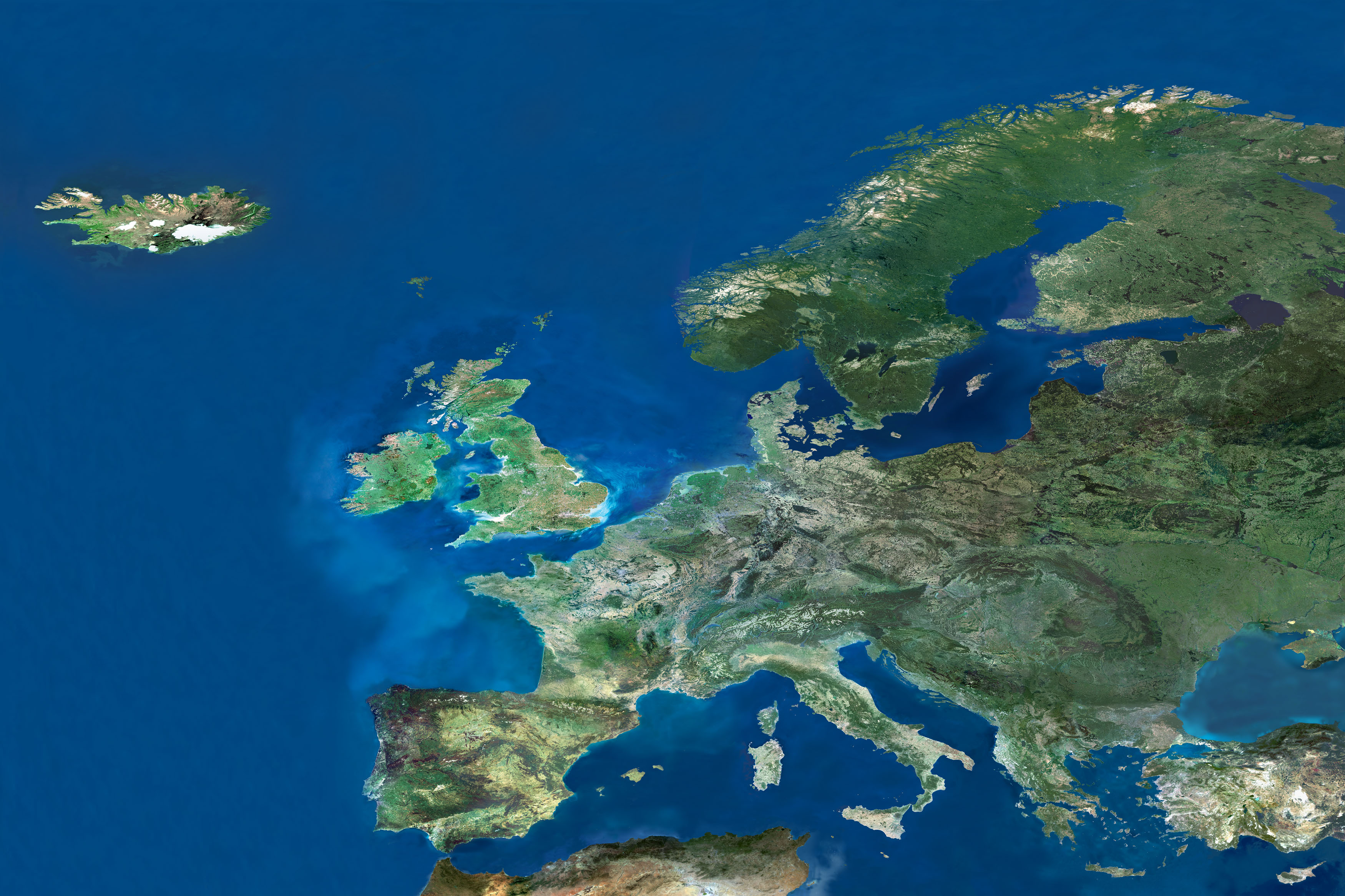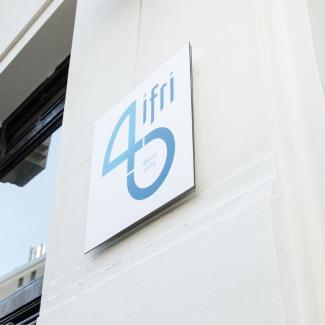Galileo, the Long Road to European Autonomy

Galileo is one of the most ambitious programs ever managed by the EU. As such, it illustrates the challenges and the opportunities offered by the development of a European Space Policy at the political, industrial, economic and international level.
Galileo, the European program for positioning, navigation and timing (PNT), was launched by the European Union in 1999. Part of the European Global Navigation Satellite System (GNSS), the future satellite constellation is meant to be a leading project for Europe, bringing strategic independence and political status to the continent, allowing Europeans to reap huge benefits from future services while maintaining an industrial and technological basis. The program has been crippled by a series of disputes and delays, however. More than ten years after the official launch of Galileo, the expected date for the Full Operational Capability (FOC) of the system keeps being pushed back. It is currently 2016.

Available in:
Regions and themes
ISBN / ISSN
Share
Download the full analysis
This page contains only a summary of our work. If you would like to have access to all the information from our research on the subject, you can download the full version in PDF format.
Galileo, the Long Road to European Autonomy
Find out more
Discover all our analysesChina-Russia Cooperation in Space: The Reality behind the Speeches
China-Russia cooperation in space has been increasing for the past two decades. This cooperation accelerated after the Crimea crisis in 2014 and culminated with the announcement in 2021 of the joint construction of the International Lunar Research Station (ILRS).
Space in a Changing Environment: a European Point of View
The development of European space activities has long been pursued under the framework of the European Space Agency and other national space agencies. More recently, the emergence of the European Union as a new actor for space has paved the way for a series of initiatives and opportunities.
Space Weather and NEOs in the European Space Policy
Although often overshadowed by a focus on security concerns, Space weather and NEOs are important elements of Europe’s SSA program.
Key Trends in the European Earth Observation Sector
An ambitious Earth Observation (EO) policy could bring significant benefits to Europe both regarding the fight against climate change and the competitiveness of its EO industry and service sectors.









